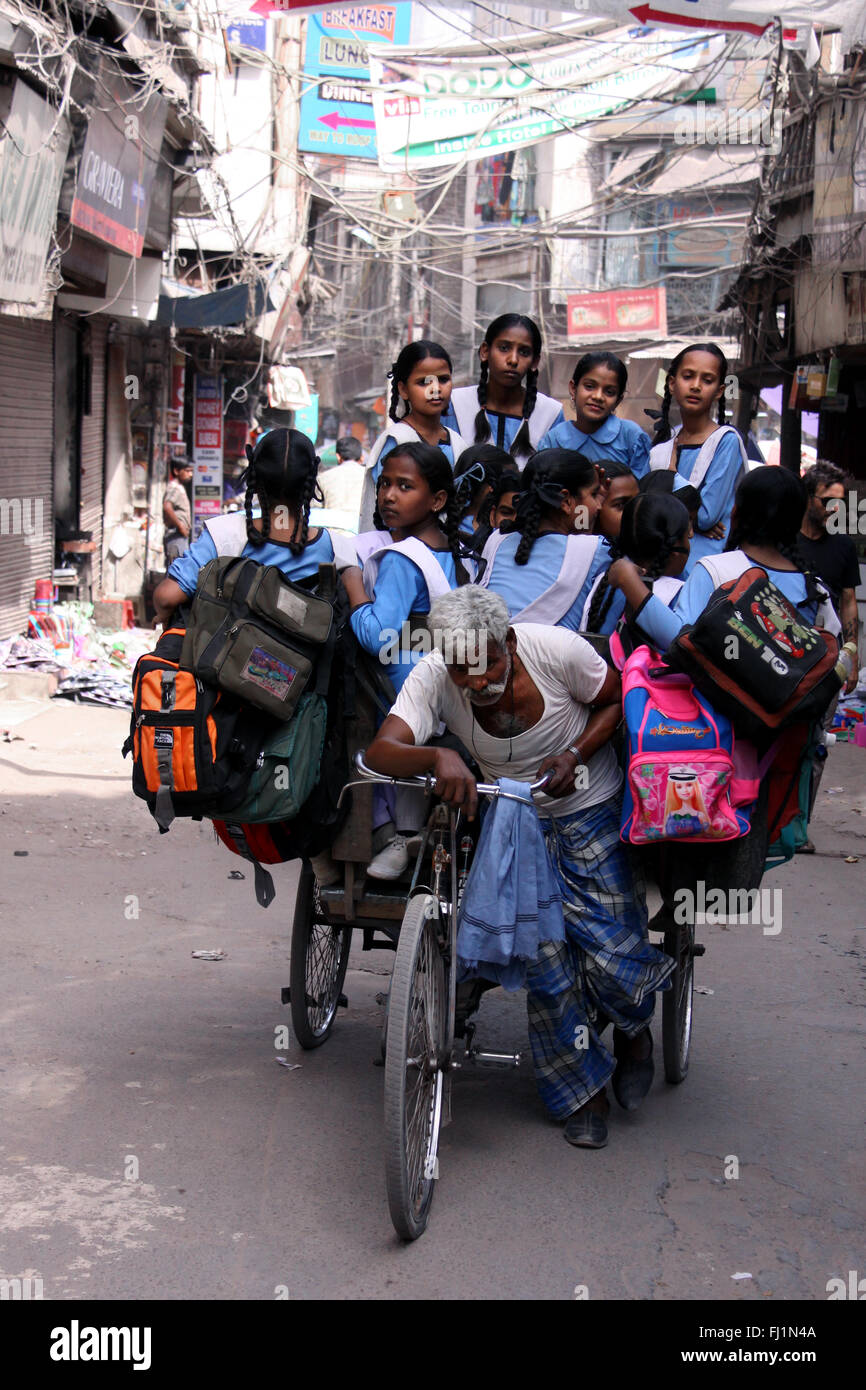SecularIslamist
𝕯𝖝𝕯 intersectional feminist and Islamist jihadi
- Joined
- Nov 21, 2022
- Posts
- 26,565
- Reputation
- 52,188
Underclass - Did not get pocket money. You was the poorest in class. You got free school meals. You would re-wear the same clothing for school. Your parents favourite grocery shop was Lidl. Parents were not working or only one of them in a low wagie job. Money was a constant argument. You would see other kids enjoy things your parents couldn't afford. Holidays non-existent. Even 'fast food' was a treat. Going to restaurants was out of question.
Lower working class - Both parents working usually in low wage jobs like at a gas station, retail or factory. Usually unskilled manual labour. You would get some pocket money but not much. Just like underclass, your parents would shop at Lidl. Fast food is your go-to. Maybe they would treat you to a budget restaurant. Your parents wouldnt mind spending money on you, but usually few and far between. Maybe a holiday once or twice a year.
Upper working class - both parents working earning a stable income. Usually middle earners like administrators at offices. They split their grocery shopping between Lidl and Tesco (equivalent to Walmart / Target I guess). You would be given some luxuries. Maybe your parents wouldn't buy you a brand new PlayStation day one, but they'd buy you it on the black Friday sale. Pocket money is modest and holidays were possible. They would also support your education and help you much more so you could get ahead of others.
Lower middle class - Usually one or both parents have white-collar jobs such as office work, teaching or other skilled clerical roles. Income is steady and comfortable but not wealthy. Pocket money is regular and enough for some personal treats. Family holidays happen frequently, often abroad or domestic breaks. Grocery shopping list happen in Tesco, Sainsbury's or Morrisons. If you behave you can have the new Playstation on the day it arrives. They may also get the GTA VI bundle.
Upper middle class - Both parents are professionals, managers, or business owners with high incomes and job security. You have branded clothing. You are usually seen as part of the richer kid club in school. Pocket money is generous and more than vast majority of other kids. Holidays are frequent and often abroad to places very far. Strong support for university, parents usually want you to go to a top university (usually top 5% in the country).. Cultural capital is high—extracurricular lessons, arts, and travel are subsidised.
Upper class - Parents hold prestigious positions—top executives, high-ranking professionals, aristocracy, or large business owners. Net worth is in the millions. Live in luxury home - even the dog gets his own room. You wear designer clothing and go to private schooling. Holidays are lavish and frequent. If you don't get into the top tier uni (usually Oxford, Cambridge, Harvard, MIT) you're a failure. Your parents shop at Ocado or Waitrose for grocery. You have a playstation pre-ordered by your personal assistant.
Lower working class - Both parents working usually in low wage jobs like at a gas station, retail or factory. Usually unskilled manual labour. You would get some pocket money but not much. Just like underclass, your parents would shop at Lidl. Fast food is your go-to. Maybe they would treat you to a budget restaurant. Your parents wouldnt mind spending money on you, but usually few and far between. Maybe a holiday once or twice a year.
Upper working class - both parents working earning a stable income. Usually middle earners like administrators at offices. They split their grocery shopping between Lidl and Tesco (equivalent to Walmart / Target I guess). You would be given some luxuries. Maybe your parents wouldn't buy you a brand new PlayStation day one, but they'd buy you it on the black Friday sale. Pocket money is modest and holidays were possible. They would also support your education and help you much more so you could get ahead of others.
Lower middle class - Usually one or both parents have white-collar jobs such as office work, teaching or other skilled clerical roles. Income is steady and comfortable but not wealthy. Pocket money is regular and enough for some personal treats. Family holidays happen frequently, often abroad or domestic breaks. Grocery shopping list happen in Tesco, Sainsbury's or Morrisons. If you behave you can have the new Playstation on the day it arrives. They may also get the GTA VI bundle.
Upper middle class - Both parents are professionals, managers, or business owners with high incomes and job security. You have branded clothing. You are usually seen as part of the richer kid club in school. Pocket money is generous and more than vast majority of other kids. Holidays are frequent and often abroad to places very far. Strong support for university, parents usually want you to go to a top university (usually top 5% in the country).. Cultural capital is high—extracurricular lessons, arts, and travel are subsidised.
Upper class - Parents hold prestigious positions—top executives, high-ranking professionals, aristocracy, or large business owners. Net worth is in the millions. Live in luxury home - even the dog gets his own room. You wear designer clothing and go to private schooling. Holidays are lavish and frequent. If you don't get into the top tier uni (usually Oxford, Cambridge, Harvard, MIT) you're a failure. Your parents shop at Ocado or Waitrose for grocery. You have a playstation pre-ordered by your personal assistant.



